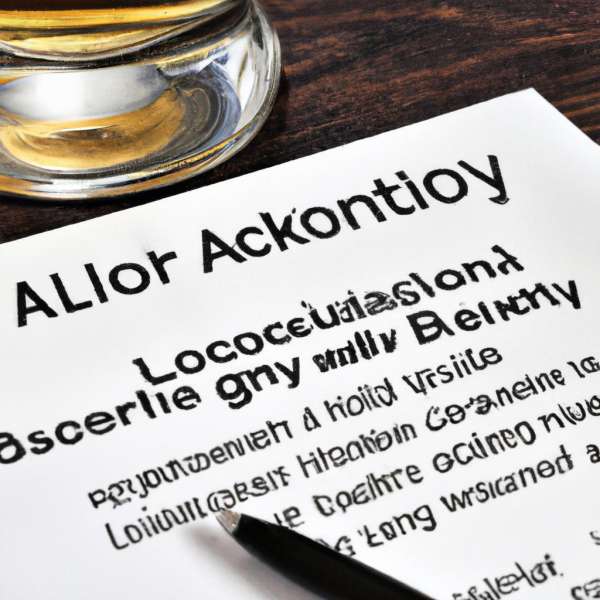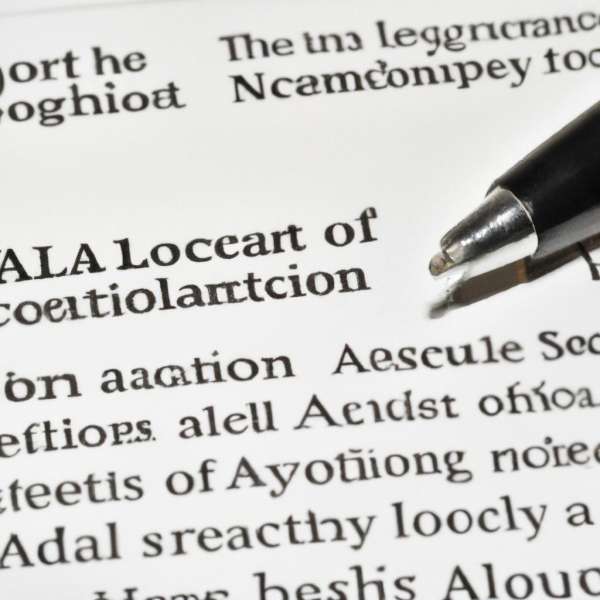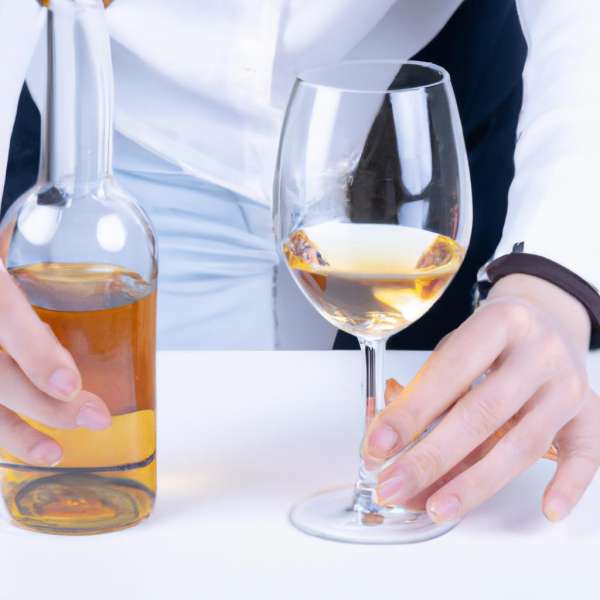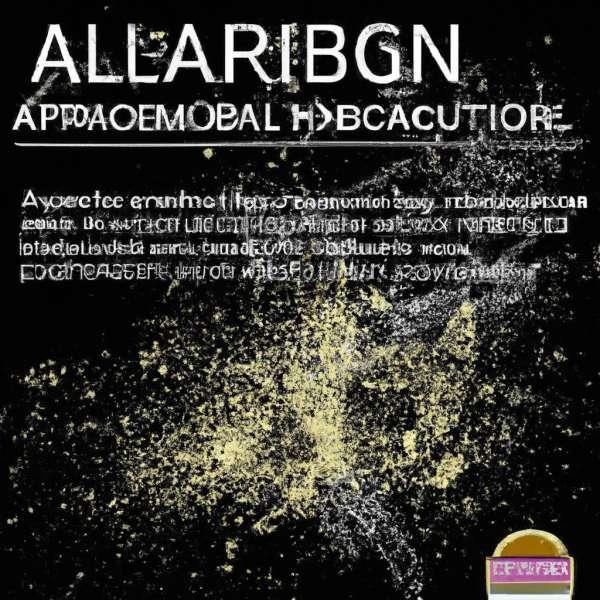In the intricate realm of personal injury law, few aspects are as intricate and emotionally charged as those involving alcohol-related incidents. As evening festivities commence, the cheerful clinking of glasses and shared laughter often obscure the imminent risks of impaired judgment. Annually, numerous lives are profoundly impacted by these events, leaving victims and their families to navigate the challenging aftermath. The convergence of alcohol consumption and reckless behavior not only disrupts the personal lives of those involved but also significantly influences the legal landscape, leading to a myriad of personal injury claims. This article will explore the multifaceted consequences of alcohol-related accidents, examining their influence on legal proceedings, the hurdles victims face in seeking justice, and the broader societal implications as we strive to balance enjoyment with responsibility.
The Link Between Alcohol Intoxication and Personal Injury Claims
Alcohol intoxication can profoundly affect the dynamics of personal injury claims. When an individual is injured in an accident involving alcohol, the repercussions extend beyond immediate harm, often complicating the legal landscape. Key aspects to consider include:
- Determining Liability: The presence of alcohol can complicate liability issues. For example, if an intoxicated driver causes an accident, the injured party may have grounds for a personal injury claim against the driver, potentially increasing liability due to negligence.
- Impact on Compensation: The compensation for injuries may be influenced if the injured party was also drinking. Comparative negligence laws in many jurisdictions can reduce the total settlement if the plaintiff is partially at fault for the incident.
- Evidence Gathering: Collecting evidence is crucial, especially in cases involving alcohol. This may include breathalyzer results, witness statements, or surveillance footage that highlights the behavior of the parties involved.
To illustrate the intersection of intoxication and claims, consider the following table that highlights key differences in claims based on the circumstances of the accident:
| Situation | Claim Outcome |
|---|---|
| Drunk driver hits a sober pedestrian | High likelihood of liability and compensation for injuries |
| Sober driver hit by a drunk driver | Clear liability, favoring the sober driver |
| Intoxicated individual who injures themselves | Possible reduction in damages due to comparative fault |
In navigating these complex cases, both injured parties and those defending against claims must carefully consider the role that alcohol plays. Understanding the legal intricacies surrounding alcohol-related accidents is crucial for achieving a fair resolution for all involved.

Examining the Legal Consequences of Alcohol-Related Accidents
Alcohol-related accidents not only cause physical harm but also intertwine with complex legal frameworks that can significantly impact personal injury claims. The legal implications arise from various angles, including negligence, liability, and statutory regulations. Understanding these components is crucial for anyone involved in such incidents.
At the core of many alcohol-related accidents is the concept of negligence. Proving that the intoxication level of a driver contributed to the accident often involves demonstrating:
- Duty of Care: Drivers are expected to operate their vehicles safely, adhering to traffic laws.
- Breach of Duty: Consuming alcohol diminishes this capacity to respond safely, constituting a breach.
- Causation: Establishing a direct link between the intoxication and the incident is vital for a successful claim.
Additionally, understanding liability in alcohol-related accidents is multifaceted. Liability can extend beyond the driver to:
- Social Hosts: Those who serve alcohol to guests may bear responsibility under certain circumstances.
- Establishments: Bars and restaurants can be held accountable for overserving patrons.
>Insurance Companies: They may find reasons to reject claims based on the policyholder’s level of intoxication.
| Factor | Potential Impact |
|---|---|
| Intoxication Level | Determines responsibility and potential punitive damages. |
| State Laws | Influences liability limits and possible recovery amounts. |
| Injury Severity | Affects compensation values and insurance negotiations. |
various laws, such as dram shop laws, which hold alcohol-serving establishments accountable for the actions of their intoxicated patrons, significantly shape the landscape of personal injury claims. These legal frameworks aim not only to provide compensation but also to serve as a deterrent against the dangers of impaired driving. The intersection of these elements within the context of alcohol-related accidents creates a complex legal environment that requires careful navigation.

Strategies for Victims: Navigating Insurance and Compensation Processes
For victims of alcohol-related accidents, navigating the intricate landscape of insurance and compensation can be overwhelming. One essential strategy is to meticulously document everything. This includes collecting evidence from the accident scene, such as photographs, witness statements, and police reports. Keeping a detailed journal of your injuries, treatment, and how they impact your daily life can also serve as crucial evidence in your claim.
Understanding the specifics of your insurance policy is vital. Victims should take the time to thoroughly read their policy documents, paying close attention to the following aspects:
- Coverage Limits: Know the maximum amount your policy will pay for damages.
- Exclusions: Be aware of situations that may not be covered, such as accidents involving intoxicated drivers.
- Claim Procedures: Familiarize yourself with the steps needed to file a claim efficiently.
Additionally, working with a personal injury attorney who specializes in alcohol-related accident cases can provide invaluable support. They can help victims understand their rights, negotiate with insurance companies, and improve the chances of receiving fair compensation. A legal expert can also guide victims through the emotional and procedural challenges of these proceedings, ensuring that all pertinent evidence is presented effectively.
| Type of Compensation | Examples |
|---|---|
| Medical Expenses | Hospital bills, rehabilitation costs |
| Lost Wages | Paychecks missed during recovery |
| Pain and Suffering | Emotional distress, lifestyle changes |
Approaching the claims process with a well-defined strategy and adequate support can empower victims to seek the compensation they deserve. By prioritizing education and meticulous documentation, individuals can navigate this challenging terrain more effectively.

Preventive Measures and Community Responsibility in Reducing Alcohol-Related Incidents
Addressing the issue of alcohol-related incidents requires a concerted effort from individuals and communities alike. Each person plays a pivotal role in shaping a culture that prioritizes safety and mindfulness regarding alcohol consumption. To foster a responsible drinking environment, it’s essential to adopt a set of preventive measures that can significantly mitigate risks associated with excessive drinking.
- Educational Initiatives and Awareness Programs: Launching campaigns that inform people about the risks associated with excessive alcohol use can lead to a more knowledgeable public. Engaging communities through workshops, seminars, and social media efforts can spark meaningful conversations about responsible alcohol consumption.
- Promoting Designated Driver Schemes: Encouraging the use of designated drivers or ride-sharing services ensures that individuals who drink have safe transportation options. Communities can support these practices by offering discounts or rewards to those who commit to being designated drivers.
- Enforcing Alcohol-Related Laws: Authorities should rigorously enforce laws related to underage drinking and driving under the influence. Regular sobriety checkpoints and community policing can act as strong deterrents against unsafe behaviors.
Communities can amplify these efforts by nurturing a culture of accountability. This means encouraging bystanders to step in when they see someone trying to drive after drinking or engaging in other risky behaviors related to alcohol.
| Initiative | Community Impact |
|---|---|
| Heightened Awareness | Promotes informed decisions, reducing incidents |
| Designated Drivers | Provides safe transportation, lowering accident rates |
| Law Enforcement | Discourages underage drinking and drunk driving |
By actively engaging in these strategies, communities can foster a safer environment, ultimately reducing the number of alcohol-related accidents. This collective effort not only safeguards individuals but also enhances the overall well-being of the community.
Key Insights
The complex issue of alcohol-related accidents extends far beyond the immediate consequences of a crash. Statistics show that these incidents not only devastate lives but also significantly impact the realm of personal injury claims. Victims, their families, and legal professionals must navigate a system burdened by both legal and emotional challenges.
While accountability is crucial, it is equally important to understand the underlying factors—whether it’s the effects of intoxication, the role of safety measures, or the pursuit of justice. By highlighting this critical issue, we move towards greater awareness and prevention. As society continues to address the complexities of alcohol consumption and road safety, we can hope for a future where personal injury claims reflect not just loss, but also resilience and positive change.

How Alcohol-Related Accidents Shape Personal Injury Claims: What You Need to Know
Understanding Alcohol-Related Accidents
Alcohol consumption significantly impairs judgment, reaction times, and motor skills, increasing the likelihood of accidents. When these accidents lead to personal injuries, the claims process can become complicated. It’s essential to fully understand how these cases are handled to secure the compensation you deserve.
The Legal Process for Alcohol-Related Personal Injury Claims
Filing a personal injury claim involving alcohol requires a thorough understanding of the legal landscape. Legal proceedings typically involve several critical steps:
- Investigation: Collecting evidence and witness accounts to establish the role of alcohol.
- Filing a Complaint: Initiating the legal claim process by filing the necessary paperwork.
- Discovery: Both parties exchange information, which includes interrogations and depositions.
- Settlement Negotiation: Attempting to reach an agreement before trial.
- Trial: If a settlement isn’t reached, the case goes to court.
Key Considerations in Alcohol-Related Injury Claims
When dealing with alcohol-related personal injury claims, several key factors can influence the outcome:
Proving Liability
Establishing liability involves demonstrating that the other party’s alcohol consumption directly caused the accident. This often requires:
- BAC (Blood Alcohol Content) test results.
- Witness testimonies.
- Police reports.
- Expert opinions.
Comparative Negligence
In some jurisdictions, the concept of comparative negligence may apply. This means that if the injured party is found partially at fault, their compensation could be reduced proportionally. It’s crucial to be aware of how state laws interpret these scenarios.
Insurance Challenges
Insurance companies may be hesitant to pay out claims involving alcohol. They might argue contributory negligence or question the extent of damages, making it vital to consult with legal experts to navigate these challenges effectively.
Practical Tips for Managing Alcohol-Related Injury Claims
Successfully handling an alcohol-related personal injury claim requires careful planning and strategy. Here are some practical tips:
- Document Everything: Keep detailed records of the incident, medical treatments, and communication with insurance companies.
- Seek Medical Attention: Immediately seek medical help to document injuries and begin the recovery process.
- Hire a Specialist Attorney: Work with an attorney experienced in handling alcohol-related cases to improve the chances of a favorable outcome.
- Stay Informed: Educate yourself about the local laws and regulations related to alcohol impairment and personal injury claims.
Case Studies: Insights from Past Claims
Learning from past cases can provide valuable insights into how courts handle alcohol-related personal injury claims.
Case Study 1: High BAC and Clear Liability
| Case Details | Outcome |
|---|---|
| Defendant had a BAC of 0.15%, causing a collision. | Victim received full compensation for medical bills and damages. |
Case Study 2: Comparative Negligence
| Case Details | Outcome |
|---|---|
| Both parties had consumed alcohol, with the victim’s BAC at 0.08%. | Victim’s compensation reduced by 30% due to shared liability. |


